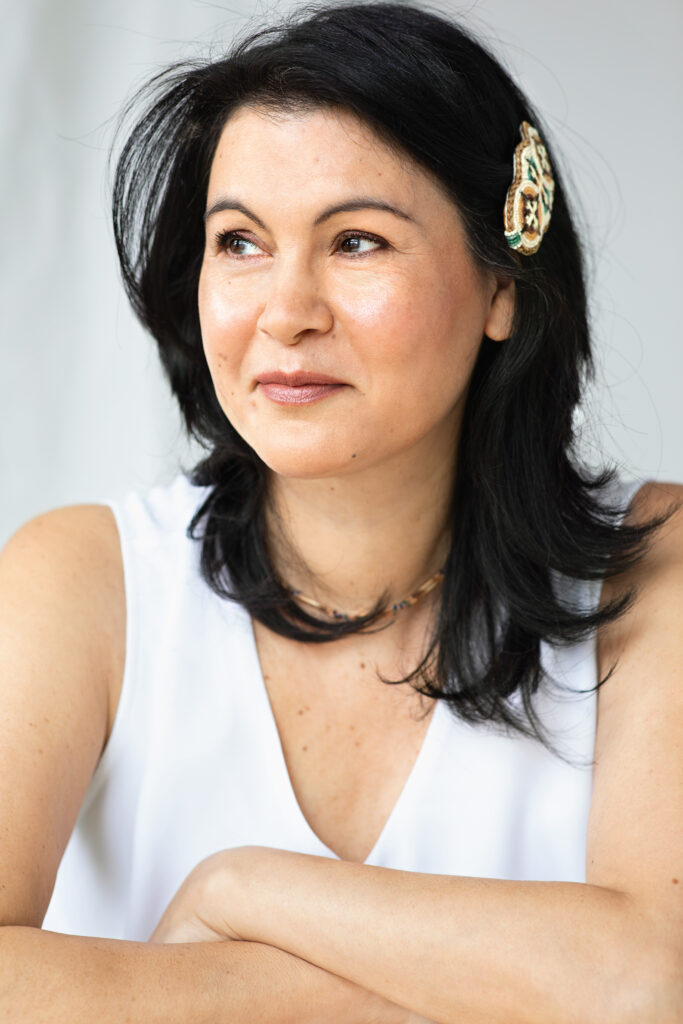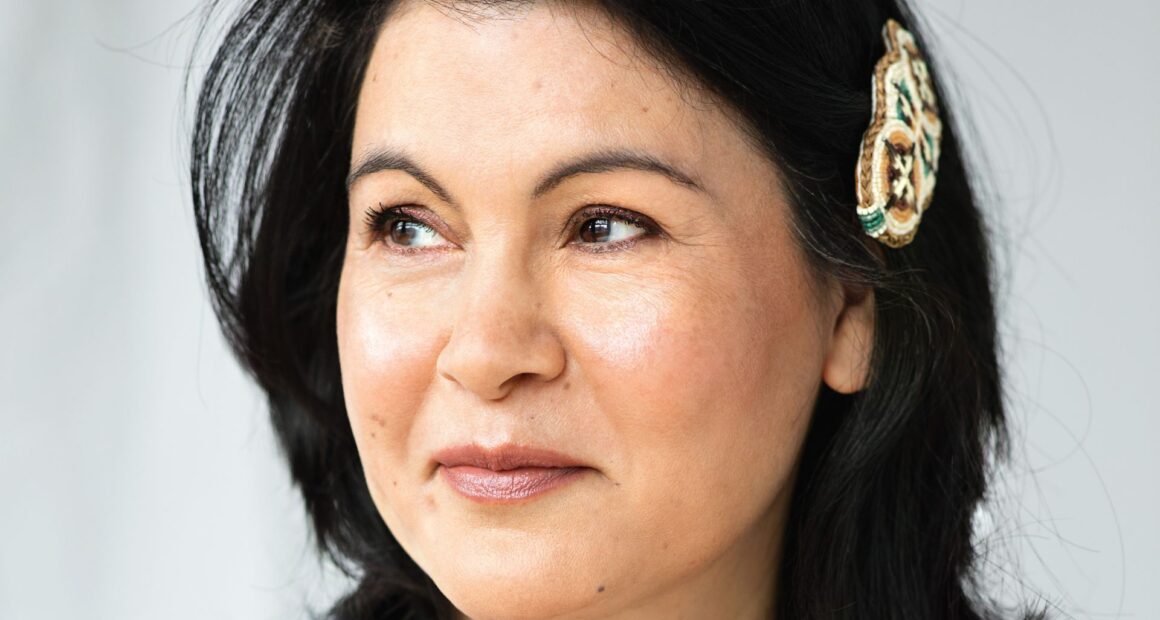Try doing your homework before you talk to us

As someone who fights the system through advocacy for Indigenous people, I am often interviewed by journalists. I’ve lost count of how many times I have had to “educate” journalists. It’s exhausting.
Just recently, I was asked for a media interview concerning the retirement of First Nations leader Ghislain Picard from the Assembly of First Nations Quebec-Labrador. I had to explain that although I have met Picard on several occasions, we don’t run in the same circles. He tends to focus on “on-reserve” issues. I run an urban non-profit. Then, I referred the journalist to the Quebec Native Women Inc. and the Grand Chief of Kahnawake, sources they could have identified on their own as the most relevant—if they had done their research thoroughly.
I also see a bias in some journalists. Once, a journalist told me that receiving funding for projects is “easier” for us because we are Indigenous. Others will take one sentence from a 30-minute interview and transform it into a negative headline for an article.
Some reporters are lazy. I get so many requests when an issue arises, and I have asked if they can find someone else. Once, a reporter pushed back saying, “But you are so well spoken . . .” And my first thought was: for an Indian.
These experiences are so harmful to the communities. I have met with other Indigenous leaders who have had similar experiences, and we have created a list of journalists with whom we will not share words.
Indigenous people on Turtle Island are treated as an afterthought when it comes to nearly everything. There was a time when journalists only covered Indigenous stories that fell into the four Ds—Drumming, Demonstrating, Drunk, or Dead. If we weren’t protesting, suffering, or reinforcing stereotypes, we weren’t newsworthy. I don’t feel there has been much progress.
Our true history and struggles are barely mentioned in history books, and the education system contributes to this. Then, our image and culture are misappropriated in fashion, logos, films, and television. We are seen as the “strong and brave” or a romanticized Pocahontas. As someone who has been interviewed countless times, I am sometimes approached by people who recognize me on the street. They say, “I saw you on the news,” to which I respond, “Not for a happy story.”
Recently, Indigenous people have fought hard to share our truth, but every step forward has been met with resistance. In the nearly 10 years since the Truth and Reconciliation Commission released its Calls to Action, only 13 out of 94 have been completed. The Calls for Justice for missing and murdered Indigenous women, girls, and two-spirit people (MMIWGS2+)? Only two out of 231. That took five years. At this rate, how many more generations will have to wait for justice from institutions?
Our communities are still reeling from the effects of colonialism. The Canadian government has subjected Indigenous people to both crimes against humanity and genocide. Layers of trauma have accumulated as we grapple to find the tools to heal. And yet, we are still here.
There has been significant progress in our communities across Turtle Island—in politics, healthcare, the justice system, music, and culture, among others. Indigenous people are stepping up to create our own solutions. We have more Indigenous people in politics, such as Manitoba Premier Wab Kinew, Senator Michèle Audette, and Member of Parliament Leah Gazan. We have our own holistic healthcare, such as the Wabano Centre for Aboriginal Health and, more recently, the Centre Tiohtià:ke in Montreal. We also have the MMIWGS2+ Urban Indigenous Action Group and an enormous growth in the number of Indigenous creatives. It’s both inspiring and extraordinary.
Journalists could progress, too, if they really wanted to do the work. Ideally, they would research subjects ahead of time. They would be familiar with the issue, the progress made, and the people doing the work—before requesting an interview. We want our people to be elevated and recognized for our hard work, as opposed to being reported on when we are in crisis. Creativity with questions asked would also be ideal. When someone passes away, the question, “How do you feel?” is insensitive. How about: “How will this death affect the community?” Or: “How can the government best support the community?”
But maybe it is easier—or safer—to just keep us in our box, as a stereotype, quiet and out of the way, so no one notices. Almost like the way we were forced onto reservations, only allowed to leave with a pass from an Indian agent, as the government expropriated our land and resources.
About the author

Na’kuset
Na’kuset, the executive director of the Native Women’s Shelter of Montréal, is Cree from Lac la Ronge, Saskatchewan. She was adopted by a Jewish family in Montreal and draws on her adoptee experience in her advocacy work for Indigenous children in care. In 2014, Na’kuset created, produced, and hosted the television series Indigenous Power. In 2016, Na’kuset was featured in Real Talk on Race, the award-winning CBC series. She was featured in the “End of 2010’s” for Global News to discuss her past decade of work for the urban Indigenous community. She is dedicated to improving the lives of urban Indigenous people.


